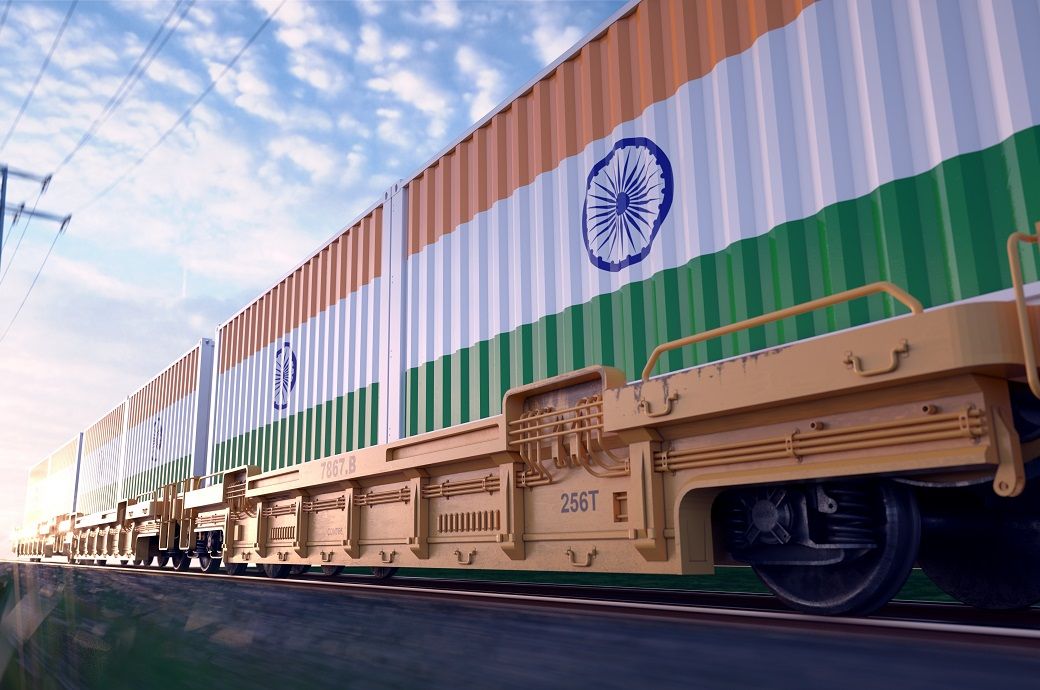
Major export promotion councils have stated in a letter to the PM that the provision should not apply to exports. The supplies of goods from micro and small units to exporting units, either for manufacturing export products or for further exports, should be exempted from this provision.
The export promotion councils have pointed out that the average lead time for an export consignment is about 90 days, compared to a shorter time for domestic consignments. Foreign buyers generally make payments within 30 days after receiving the goods.
Ajay Srivastava, founder of the Global Trade Research Initiative (GTRI), said in a LinkedIn post that the Reserve Bank of India (RBI) allows nine months for realising money from foreign buyers. In contrast, China provides long credit lines to its buyers. The current provision will immediately impact India's exports from small firms and weaken the Indian export narrative and targets.
He stated that there is a need for wider consultation on the provision. The government should exempt exporters and reconsider application on small firms. Section 43B(h) excludes 'medium enterprises'—those with investments in plant and machinery or equipment not exceeding ₹50 crore and a turnover not exceeding ₹250 crore. It defines micro and small enterprises based on investment and turnover limits.
Srivastava mentioned that there is nothing apparently wrong with it. Section 43B(h) is an effort on part of the government to support MSMEs' financial stability and operational success, alongside similar measures in GST law. Yet, the rule is expected to increase compliance efforts and financial strain for companies.
He added that the government should not enforce this law retrospectively, i.e., for invoices or dues after April 1, 2023. It should apply to invoices or dues after April 1, 2024.
Fibre2Fashion News Desk (KUL)